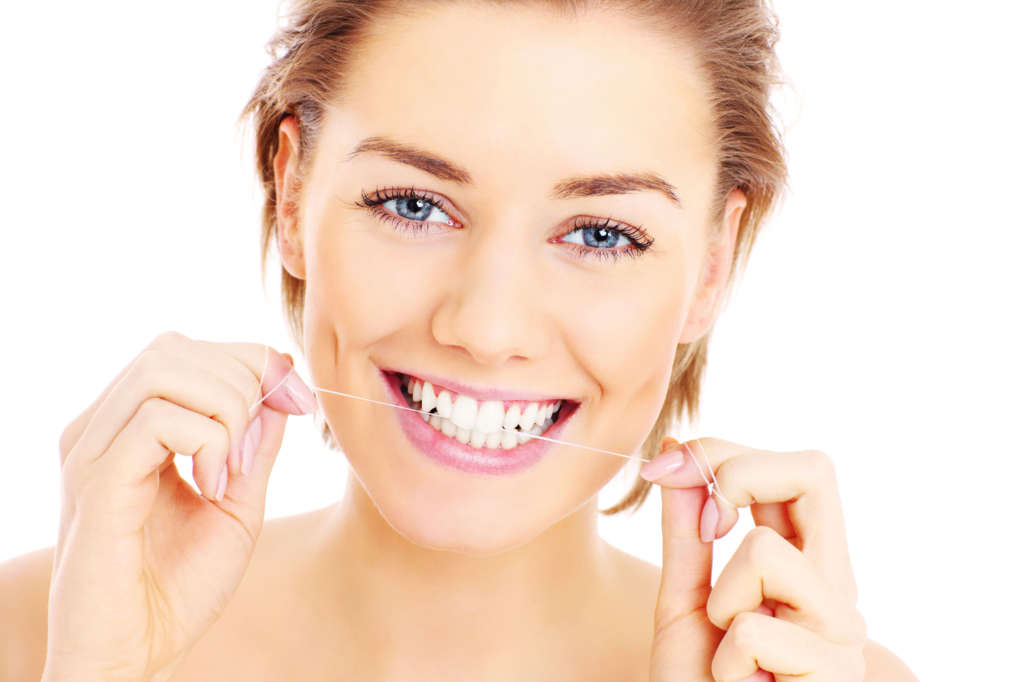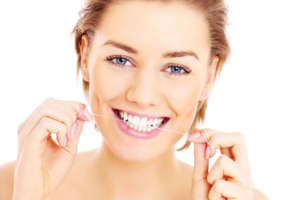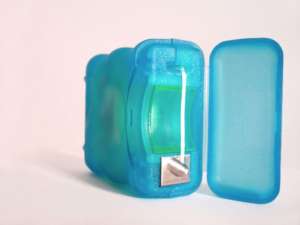
Dentist Near Me
 Calcium is an important mineral for building strong, healthy teeth, but not everyone can tolerate the lactose found in dairy. Lactose is a sugar found in milk and other dairy products. About 65% of people have reduced ability to process lactose past infancy.
Calcium is an important mineral for building strong, healthy teeth, but not everyone can tolerate the lactose found in dairy. Lactose is a sugar found in milk and other dairy products. About 65% of people have reduced ability to process lactose past infancy.
If you have difficulty with lactose but want to ensure you are getting the calcium you need, consider one of these non-dairy sources of natural calcium.
- Canned seafood, such as sardines and salmon, can be a good source of calcium. These inexpensive options actually contain more calcium than their fresh counterparts. Canned seafood contains small, soft, edible bones that are generally unnoticeable but can be a great way to add calcium to a salad or other dish.
- Calcium-fortified juices are available in both orange and cranberry varieties. These juices taste the same as non-fortified options, but contain a substantial amount of calcium. Check the label to ensure it is a calcium-fortified juice.
- Soy, rice, and almond milks offer added calcium and can be used as a milk substitute for many dishes. Experiment with different varieties to determine which flavor you like the most for each use. Try one of these milk alternatives on cereal or use in a cooked dish in place of regular milk. Soy, rice, and almond milks are available in a variety of flavors, including plain, sweetened, unsweetened, vanilla, and other options.
- Beans are a calcium-rich food. Black-eyed peas and baked beans are particularly high in calcium.
- Green vegetables are a good source of natural calcium. Collard, mustard, turnip, and dandelion greens, Chinese cabbage, spinach, kale, okra, and broccoli are all great choices for adding calcium to your diet.
- Nuts, such as almonds, walnuts, hazelnuts, or Brazil nuts are strong sources of calcium. Flaxseeds and sunflower seeds are a great snack or salad additive with calcium. Almond butter, cashew butter, and pumpkin seed butter are a fun and calcium-rich alternative to peanut butter.
- Breakfast cereals are highly fortified with several vitamins and minerals, including calcium. Old-fashioned rolled oatmeal adds calcium to your breakfast as well.
Calcium is important for developing and maintaining strong teeth and bones. If you have trouble with dairy, don’t let that stop you from consuming your recommended amount of daily calcium.
For more information that can improve your oral health, contact our office.
Mount Auburn Dental
227 Mount Auburn Ave., Auburn, ME, 04210
(207) 782-3971




 Men, dental examinations and treatment are important for you, too. Did you know according to the Academy of General Dentistry (AGD), by age 72 men lose an average of 5 teeth? That number jumps to 12 if you are also a smoker. Here’s what you need to know about keeping your mouth healthy. Follow these tips and you can beat the odds stacked against men and their oral health.
Men, dental examinations and treatment are important for you, too. Did you know according to the Academy of General Dentistry (AGD), by age 72 men lose an average of 5 teeth? That number jumps to 12 if you are also a smoker. Here’s what you need to know about keeping your mouth healthy. Follow these tips and you can beat the odds stacked against men and their oral health.
 It’s highly likely that after visiting our practice, you understand the value of a thorough, professional dental cleaning. It’s also likely that you may not fully understand the importance of a complete exam and radiographs.
It’s highly likely that after visiting our practice, you understand the value of a thorough, professional dental cleaning. It’s also likely that you may not fully understand the importance of a complete exam and radiographs.
 Men, dental examinations and treatment are important for you, too. Did you know according to the Academy of General Dentistry (AGD), by age 72 men lose an average of 5 teeth? That number jumps to 12 if you are also a smoker. Here’s what you need to know about keeping your mouth healthy. Follow these tips and you can beat the odds stacked against men and their oral health.
Men, dental examinations and treatment are important for you, too. Did you know according to the Academy of General Dentistry (AGD), by age 72 men lose an average of 5 teeth? That number jumps to 12 if you are also a smoker. Here’s what you need to know about keeping your mouth healthy. Follow these tips and you can beat the odds stacked against men and their oral health.
 Calcium is an important mineral for building strong, healthy teeth. Not everyone can tolerate the lactose found in dairy, which is often a prime source for calcium. There are a wide variety of options available to get the calcium you need. Here are six options rich in calcium:
Calcium is an important mineral for building strong, healthy teeth. Not everyone can tolerate the lactose found in dairy, which is often a prime source for calcium. There are a wide variety of options available to get the calcium you need. Here are six options rich in calcium:
 Are you embarrassed to show your smile because of missing teeth? For many people, missing teeth can create a feeling of diminished self-confidence. Modern dentistry can not only replace the gaps in your smile, our team can also create long-term replacements that look and feel just like your natural teeth. You have options. Here are a few of the most common tooth replacement solutions.
Are you embarrassed to show your smile because of missing teeth? For many people, missing teeth can create a feeling of diminished self-confidence. Modern dentistry can not only replace the gaps in your smile, our team can also create long-term replacements that look and feel just like your natural teeth. You have options. Here are a few of the most common tooth replacement solutions.
 It is not uncommon for many of us to grab a bite to eat in a hurry. Americans have grown accustomed to bigger food portions at restaurants, but our mouths have not. Trying to fit that oversized sandwich or apple in your mouth might be worse for you than you have ever imagined. Below are some reasons why this could be detrimental for your oral health and what you can do about it.
It is not uncommon for many of us to grab a bite to eat in a hurry. Americans have grown accustomed to bigger food portions at restaurants, but our mouths have not. Trying to fit that oversized sandwich or apple in your mouth might be worse for you than you have ever imagined. Below are some reasons why this could be detrimental for your oral health and what you can do about it.
 Loose teeth, bad breath, and painful, bloody gums – these are among the signs and symptoms of periodontal, or gum, disease. Unfortunately, periodontal disease can also begin without any obvious symptoms. If left undiagnosed or untreated, you could be at risk for irreparable damage to your teeth and gums. The good news is that periodontal disease is preventable. In fact, one of the most effective tools for preventing the disease only takes a minute of your time each day.
Loose teeth, bad breath, and painful, bloody gums – these are among the signs and symptoms of periodontal, or gum, disease. Unfortunately, periodontal disease can also begin without any obvious symptoms. If left undiagnosed or untreated, you could be at risk for irreparable damage to your teeth and gums. The good news is that periodontal disease is preventable. In fact, one of the most effective tools for preventing the disease only takes a minute of your time each day.
 Determining Which Type of Denture is Best for You
Determining Which Type of Denture is Best for You